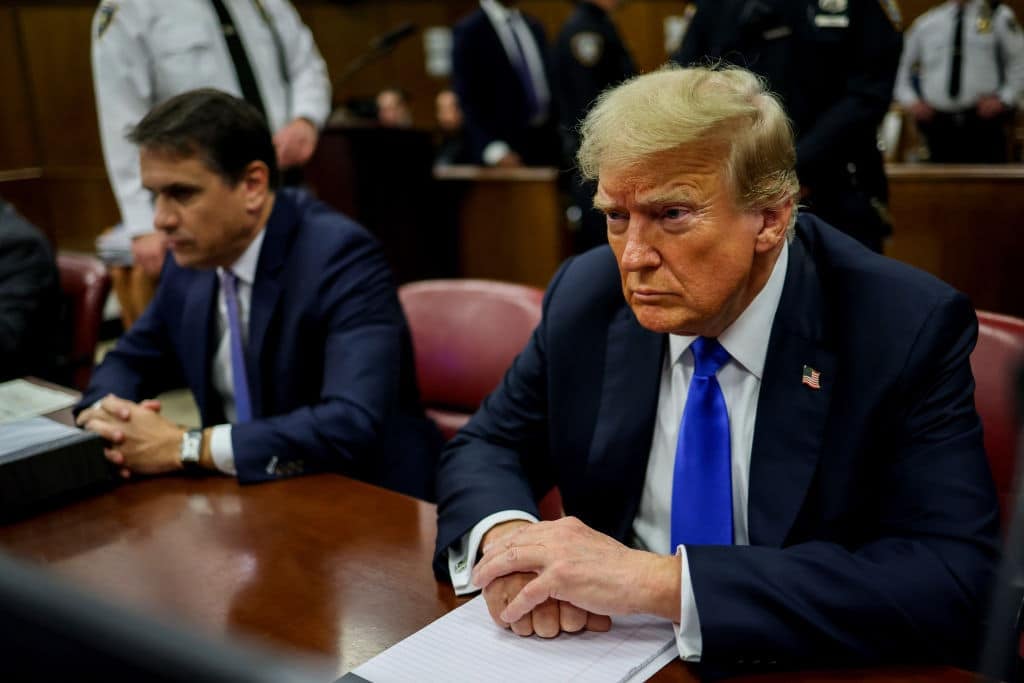In a first for a U.S. president-elect, Donald Trump was sentenced to an unconditional discharge in his New York hush money case just days before his return to the White House. While the conviction on 34 felony counts of falsifying business records remains, the sentencing carries no imprisonment, fines, or probation—allowing Trump to prepare for his second term without immediate legal consequences.
The case, which stems from alleged hush money payments to adult film star Stormy Daniels before the 2016 election, has been labeled by Trump and his supporters as a politically motivated attack. Appearing virtually from his Mar-a-Lago residence, Trump reiterated his innocence, declaring, “I did nothing wrong.”
Despite multiple legal challenges and a Supreme Court rejection of his request to block sentencing, Trump’s legal team has announced plans to appeal the conviction. His defense argues that the charges represent an overreach designed to undermine his presidency.
As the January 20 inauguration approaches, Trump’s sentencing underscores a stark divide in public opinion. His supporters view the case as emblematic of partisan persecution, while critics see it as justified. With the conviction not hindering his ability to govern, Trump is poised to begin his second term with a focus on "Making America Great Again."
President-Elect Trump Sentenced Just Days Before Inauguration
President-elect maintains innocence, vows appeal as legal battle continues over controversial case.

(Photo by Justin Lane - Pool/Getty Images)